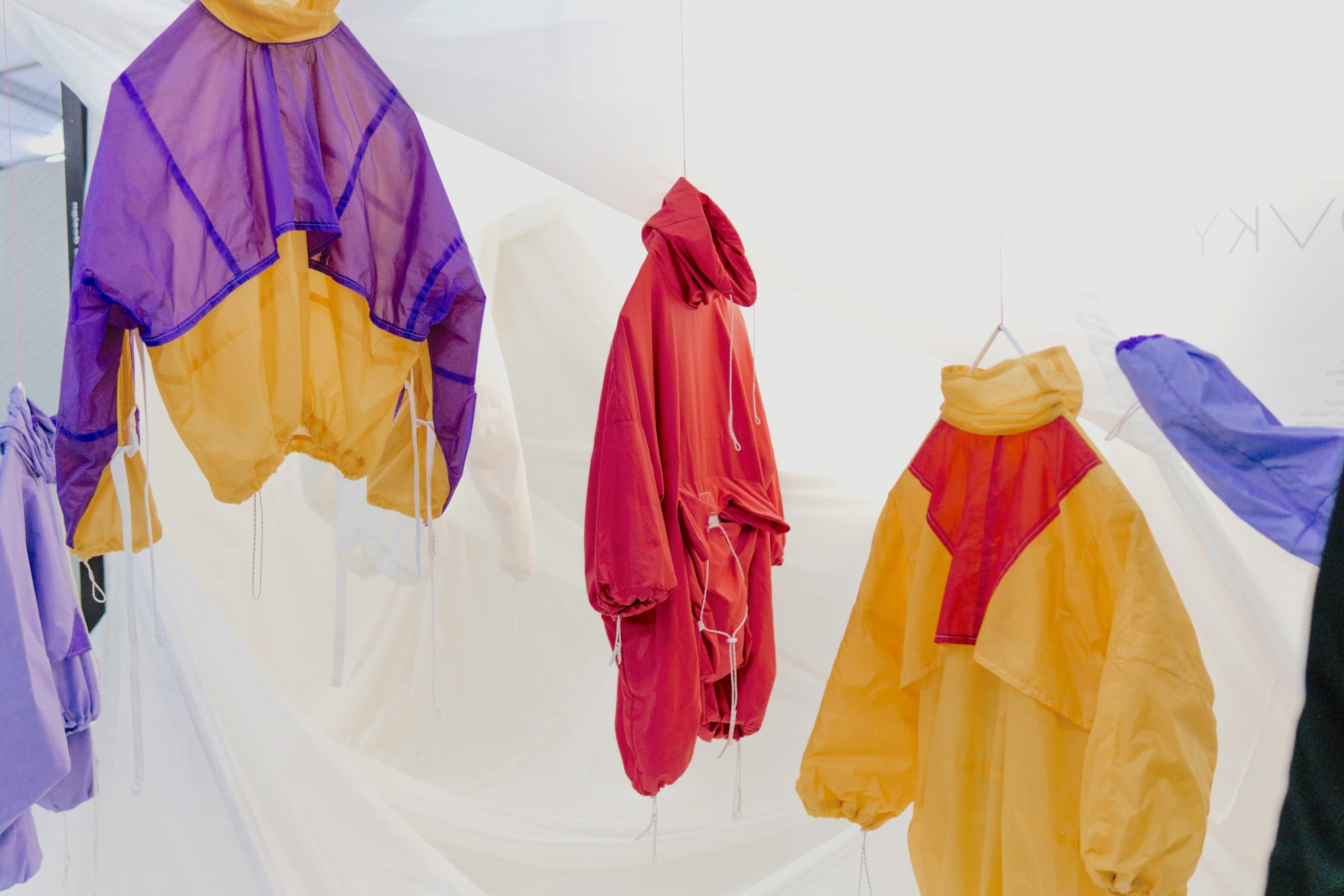
Handling your taxes when working as an influencer
There’s a wave of new entrepreneurs who have turned their lifestyle into their product: influencers. As an influencer, your business and private life are often quite intertwined, because you’re your own product. This can be confusing, both for you and for the tax authorities. Have you ever received a free product, and was asked to test it? Or have you entered into a partnership, and get paid for your online posts and content? If so, how do you arrange these kinds of things correctly? We’ll explain it to you in this blog.
Role model
These days, influencers can be found on different social media platforms. As an influencer, you often function as a role model for your followers. They model themselves on you, and you inspire them through your posts and personal interactions. The more followers, the better, because companies like to work with influencers who have many followers in a certain niche, in order to reach their target group. As an influencer, you put the platform you have built up at the service of that company, and advertise for them. Assuming that you receive compensation for this, be it in the form of payment or in any other form, you’re therefore ‘economically active’. This means that you also have to comply with various tax obligations.
Income tax
Generally, everyone is obliged to pay tax on his or her income; so is an influencer. When you invoice your client for a service you’ve provided, things are not that complicated. But when you’ve received free products or services, the situation gets more complex. Since this is also regarded income, you must declare it. However, for many products the value will decrease as a result of business consumption.
For example, if an influencer recommends a jar of day cream in a story or reel, the value of the day cream will decrease. After all, the jar has been opened, and some of the cream has been used for business purposes. The same applies to clothing and the like.
This means you’ll have to make a reasonable estimate of what part of the original value ultimately remains. That remaining value is the amount that must be reported as income. Please note that gift cards and vouchers do not decrease in value, so it’s always 100% of their value that must be reported as income.
Turnover tax / VAT return
If a business agreement has been made about the products you’ve received as an influencer, for example for online promotion, then you’re obliged to pay VAT on this. To calculate this, the economic value applies, i.e. what the product in question would cost for a private individual. However, if the products were received ‘spontaneously’, and no promotion is expected, then no VAT needs to be paid. However, these received products must be reported as income!
Clothing
When you buy clothes for, for example, a photo shoot, these clothes will still hold a certain value after the shoot. If the clothing ultimately ends up in your own closet, or if you give it away, you’ll benefit from it. You must therefore make an adjustment for private use on these costs. This is also called a private use correction.
Suppose you bought a Chanel bag for €10,000 for a photo shoot, and afterwards you add the bag to your own wardrobe, then you need to make a reasonable estimate for the private use correction. If it’s likely that you used the bag for 25% business purposes, you make a correction on the price of the bag by 75%, and therefore include €2,500 of the costs for the bag in your administration.
Ultimately, every influencer has his or her own unique needs and situations. The rules regarding taxes are slightly different for everyone. Therefore, please discuss with your bookkeeper what applies to you.
Author: Michiel Brouwer



